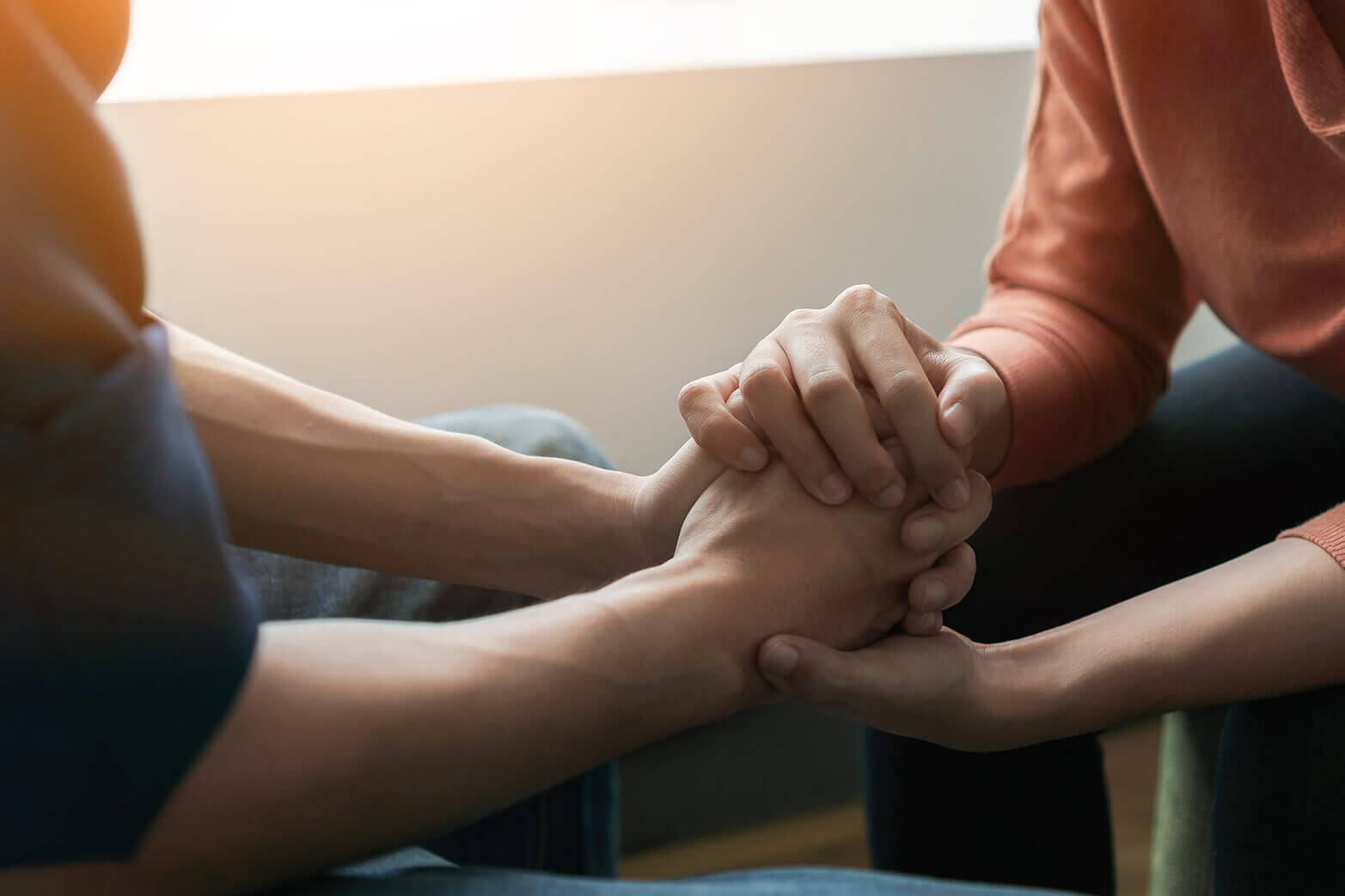What Olympians Can Teach Us About Mental Health
Chris Goodwin, SHRM-SCP
Just this week, Simone Biles withdrew from competing in the team and individual all-around competitions in Tokyo. She has been the face of Team USA for Tokyo 2020, is the reigning Olympic champion, and is the expected Gold Medal winner in her events. She has been training for this since she was a child and has four skills named after her. Many were shocked when she announced that she would be withdrawing in order to put her mental health first.
Michael Phelps, the most decorated Olympian of all time, struggled with mental health issues during his Olympic reign. He admitted to contemplating suicide after winning 6 Olympic medals in London in 2012 and still suffers from anxiety and depression after his retirement from competition. He is now using his struggles to launch a mental health awareness campaign.
There has been a stigma surrounding mental health for far too long. We have avoided talking about it, acknowledging it, and asking for help. The result is that more and more people are going untreated. This impacts their health, their safety, their family, their career, their community, etc. Untreated mental illness can lead to divorce, unemployment, abuse, addiction, violence, poverty, and suicide. As a society, we have created a mental health crisis because of our unwillingness to address it in meaningful ways. It is destroying the fabric of our society. Only when we begin removing the stigma surrounding mental health can we begin to see real change.
Businesses must understand the impact of mental illness on the success of their organization. Mental illness directly impacts absenteeism, productivity, work-related accidents, employee morale, decision-making, and critical thinking. The impact of mental illness on your bottom line cannot be overlooked. The bigger issue is what to do about it.
The first and biggest step is to help remove the stigma around mental illness inside your own walls. Build awareness and support into your organizational culture, but don’t try to do it on your own. Enlist your business leaders. Help them understand the impact on your business and educate them on how to identify and support employees that may be experiencing mental health needs. Engage in meaningful and frequent conversations about it with your employees and be sure you have appropriate tools and resources available to them.
What we can learn from Simone & Michael is that nobody has to feel alone or shame. I think they have actually provided a gift to those experiencing anxiety and depression. They have said to them – you are not alone and you should not feel ashamed. We share something with you. We will talk about this and go through this together. And, we will be OK. The world is watching these Olympians talk about mental illness. If they can do it on a global scale, you can do it on an organizational scale.
If you are interested in improving the physical, mental, and emotional health of your employees, reach out to Cornerstone. We can help you design an employee wellness plan that will promote a healthy workforce and improve your bottom line.
